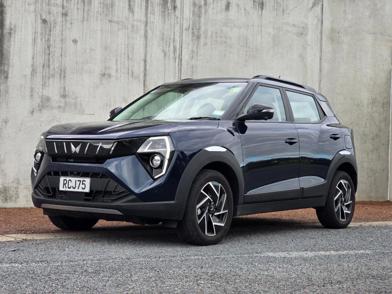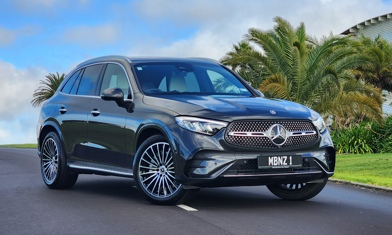Porsche was an early adopter of plug-in hybrid technology and it remains key to the brand’s cautious transition to pure-electric models.
It could afford to be bold with the Taycan BEV sports sedan, which was a whole new thing and needed to have a big impact. It was and it did.
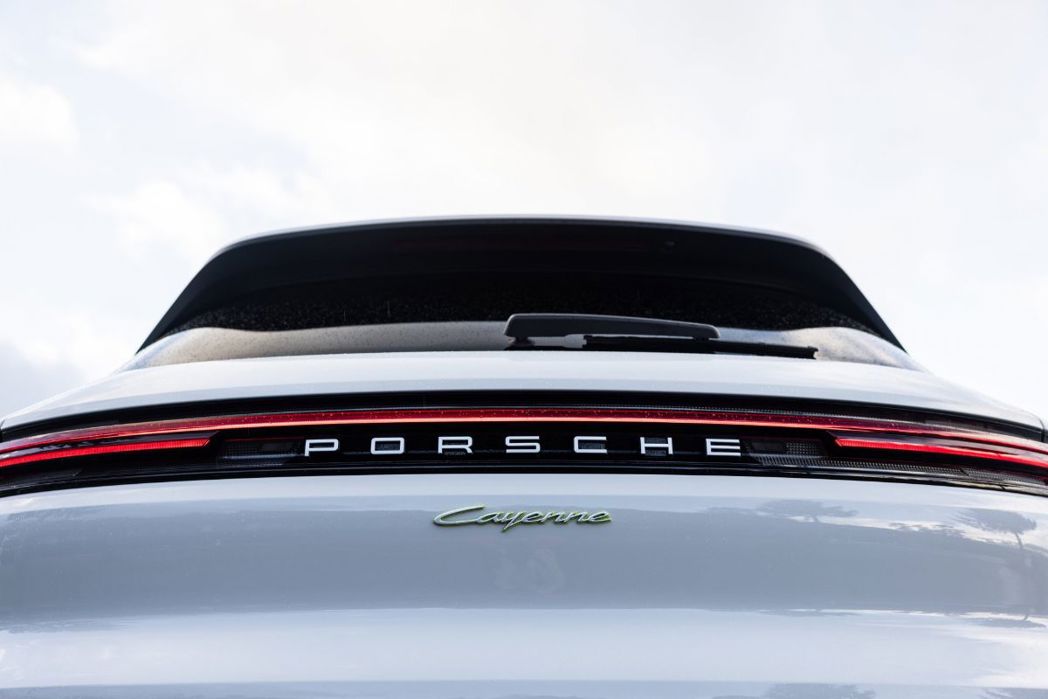
But SUVs are just as important to Porsche for their volume and ability to generate serious profit. So the company is being careful to keep options open for what is now a large, loyal and possibly more conservative customer base.
We all know the Macan is going completely electric, but Porsche’s OG SUV, the Cayenne, is serving up a bewildering array of powertrain options, in the heavily updated range that was launched last year.
Yes, there will be a fully electric Cayenne, but probably not until late next year. In the meantime, there’s a range of combustion-engine models and a whole lot of plug-in hybrids (PHEVs), which give owners a bigger taste of electric driving than ever before – but without taking away the comforting growl and no-fuss long-distance ability of petrol power.
The E-Hybrid represents a big premium over the standard Cayenne, but it does bring a whole lot of guilt-free zero-emissions commuting ability
This is the new entry-level (ha ha) plug-in Cayenne, simply called “E-Hybrid” and selling for $186,500. It pairs Porsche’s updated 3.0-litre turbo V6 engine with an embiggened 25.6kWh plug-in battery pack and redesigned electric motor, with a claimed 86km EV range.
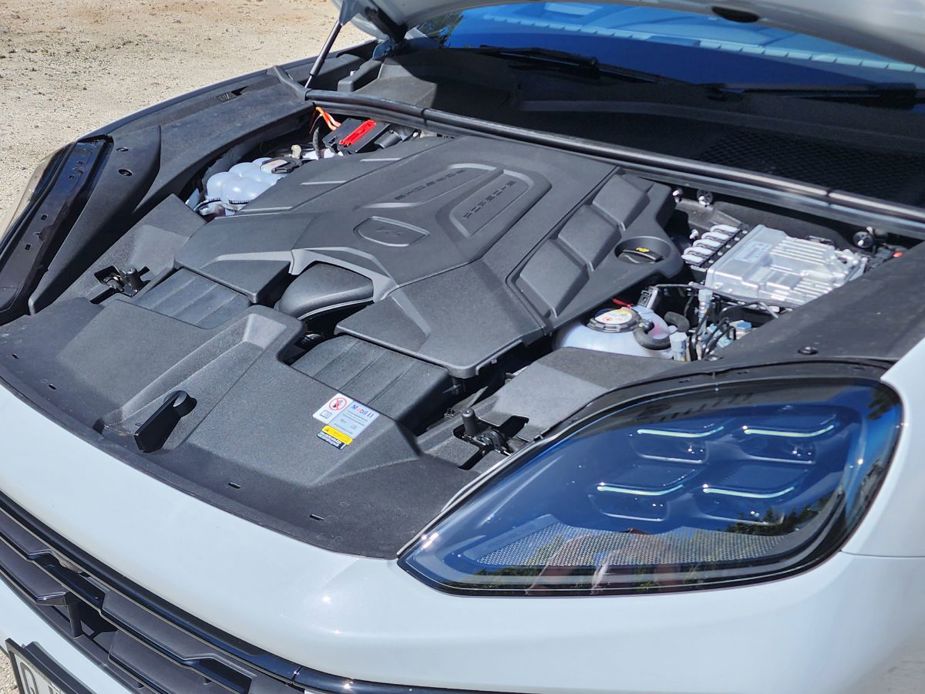
During our brief time with the car we were getting 70km or so from a charge, which is really useful and plenty to ensure your weekly urban commute is zero-emissions. Pays to keep it topped up each night, though, even if it’s not completely depleted. It’s a big battery and takes over well three hours to fill on a 7kW wallbox. On a standard three-pin home socket, we’re talking around 14 hours.
As an EV, it’s really smooth in every respect, including the brakes – which is not always the case with plug-ins.
The E-Hybrid represents a big premium over the standard Cayenne – in excess of $20k – but it does bring a whole lot of guilt-free zero-emissions commuting ability and a lot of extra power. Petrol and electric combined is 346kW in this machine, compared to just 260kW in the standard Cayenne.
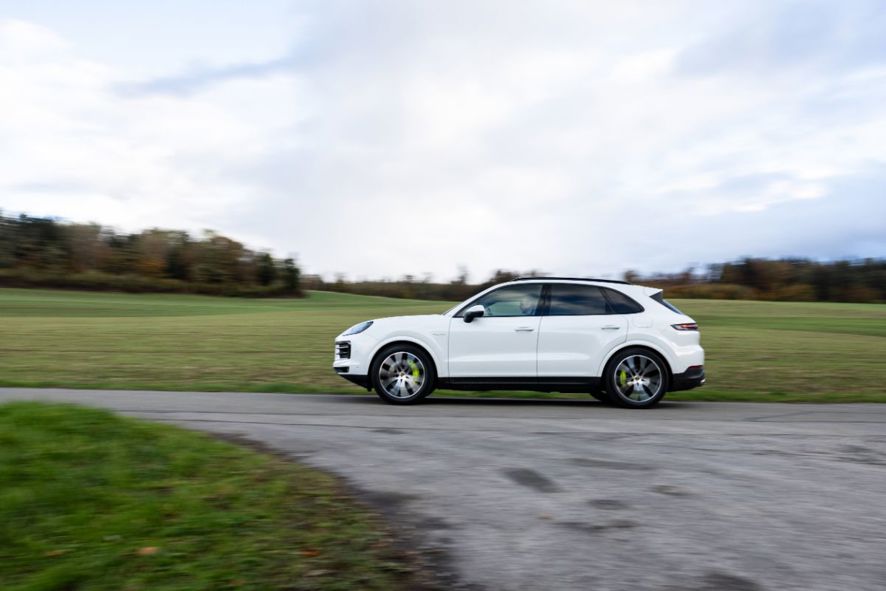
It’s no more difficult driving this Cayenne than any other. The drive modes are on the signature-Porsche rotary selector on the steering wheel and include E-Power and Hybrid. Normally with a PHEV you might select electric for urban driving and hit hybrid when you’re travelling, but there’s every reason to just leave this Cayenne in Hybrid-auto.
Cayenne is disturbingly good to drive for a large SUV: more finessed than a high-riding vehicle like this has any right to be.
In Hybrid it will use electric power only up to 55km/h, anyway. Over that, the petrol engine takes over and will work with the electric powertrain according to the driving conditions, while aiming to maintain 80 per cent charge in the battery. It will even use sat-nav data to decide how to use the available electricity.
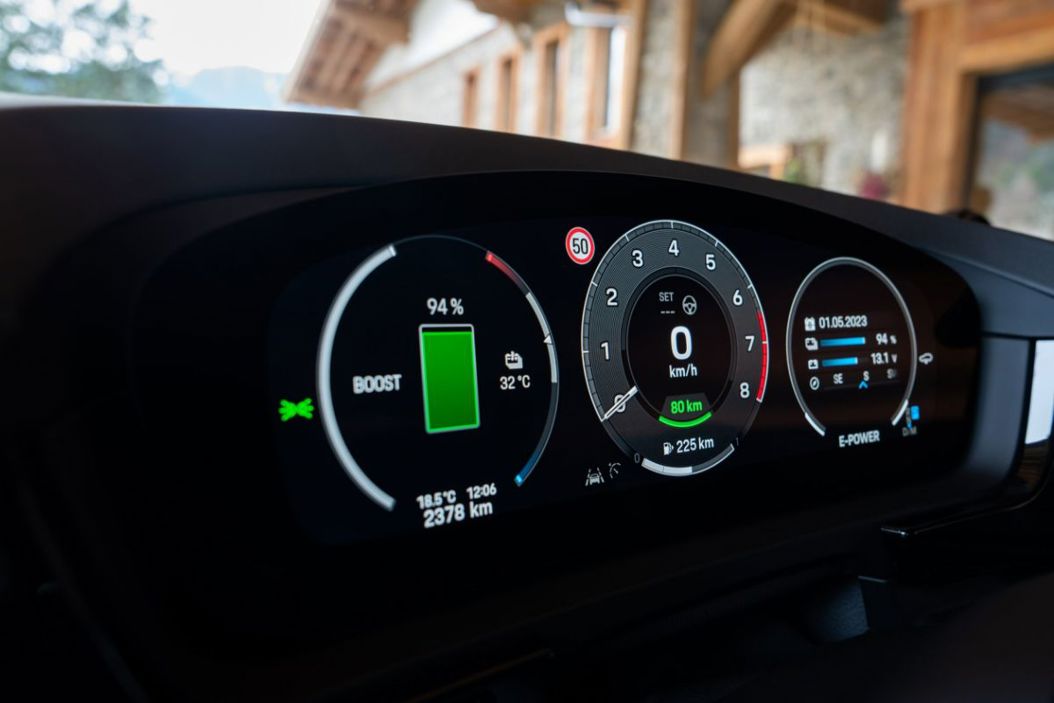
As an EV, it’s really smooth in every respect, including the brakes – which is not always the case with plug-ins. Regen has been improved by 30 per cent over the old car, but there’s also a new brake booster than smoothes out the transition between brake-regen and normal stopping.
In Sport mode, the Cayenne E-Hybrid powertrain will allow the battery to drop from 80 to 30 per cent charge; in Sport Plus, 20 per cent. The idea in both cases is to liberate more power and allow the petrol engine to do Porschey things to entertain you, rather than worrying about keeping the battery topped up.
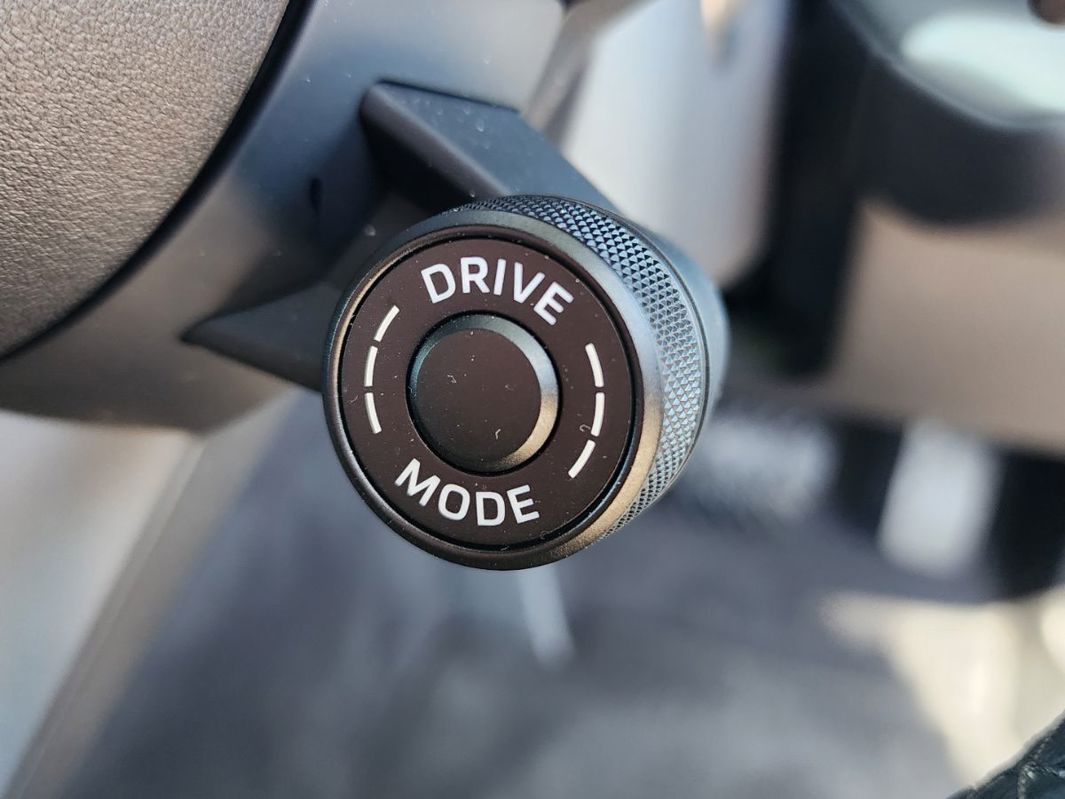
As always, Cayenne is disturbingly good to drive for a large SUV. Not like a sports car or over-the-top firm, but sharper, more responsive and more finessed than a high-riding vehicle like this has any right to be. The steering is especially good.
It’s ever-dignified, though. The V6 remains muted and even in the sportier modes when the transmission and suspension are more obvious and aggressive, the turbo-petrol engine is content to leave things at a little growl. It’s very grown-up.
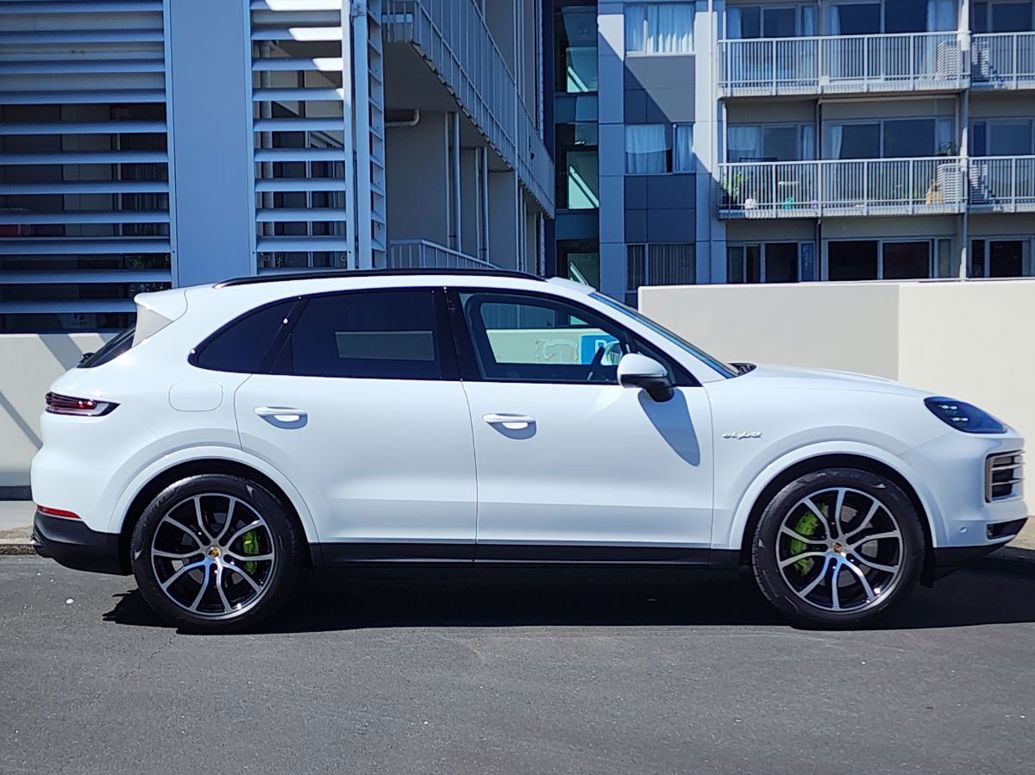
It stands to reason that the e-Hybrid isn’t quite as nimble as the standard Cayenne because it’s a whopping 350kg heavier. Hard to say without driving them back-to-back, but the e-Hybrid handles the corners magnificently relative to its size and segment.
Porsche certainly knows how to tune a chassis to suit any size or weight of vehicle, with our test car getting some significant help from a $4430 adaptive air suspension package and $7830 21-inch wheels. A trifle among the $31,080 option package fitted to this particular vehicle. It’s the Porsche way.
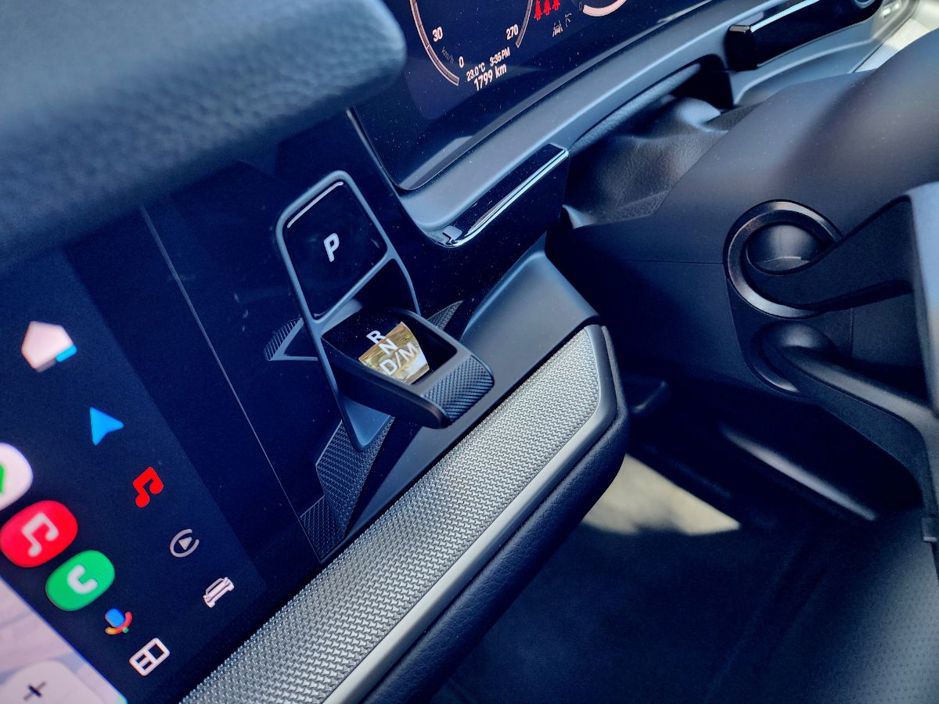
This car shares quite a bit underneath with the flagship Volkswagen Touareg R PHEV: same basic platform, powertrain configuration and even power output. In fact, we went straight from the VW into the Porsche; the component and tuning changes wrought by the latter result in an SUV that feels completely different to its inter-company cousin - as it should for the massive price difference. Need we also point out that top-of-the-tree for Touareg is equivalent to entry-level for Cayenne e-Hybrid? Gotta know your place.
The Taycan-inspired interior is still a big draw for the updated Cayenne. There’s a curved digital instrument display, elegant and crisp infotainment and a clean-looking console that combines a row of physical rocker switches with touch-controls. But the pad for the touch-buttons also moves, so when you select anything you also get a satisfying sense of movement and a little “click”.
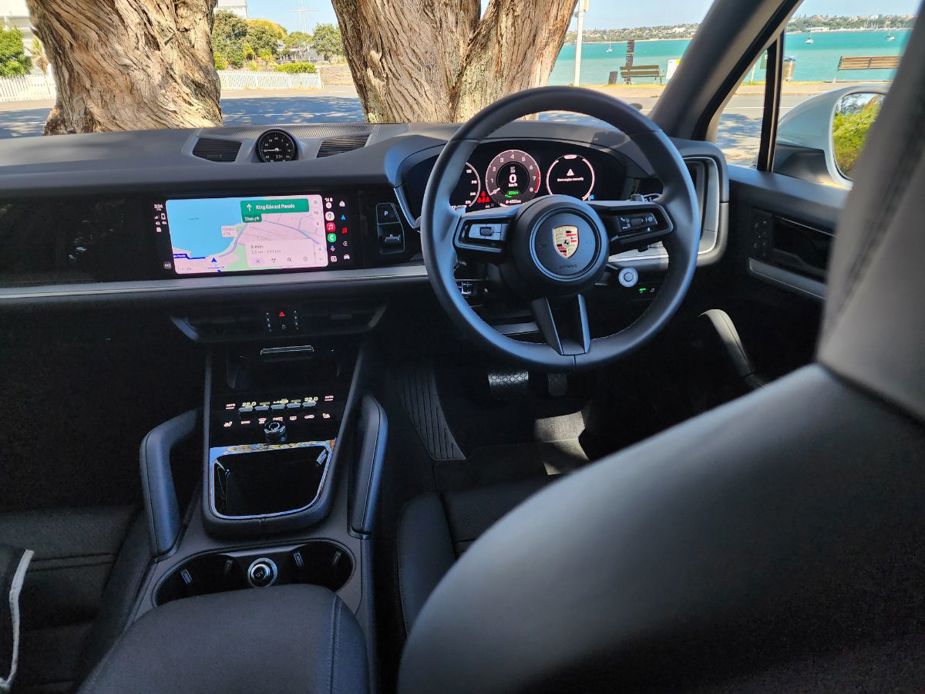
If you want a bit more charge, there’s the Cayenne S E-Hybrid – but it’s another $24,300 and in terms of performance, you’re “only” getting another 36kW. The king of the electric Cayennes at the moment is the Turbo e-Hybrid V8, but with 544kW and a price of $309,000 that’s a whole other thing.
As it stands, the regular e-Hybrid is a remarkably complete combination of useful EV commuting power and impressively enhanced performance, all delivered with characteristic Porsche polish.
ENGINE: 3.0-litre turbo-petrol V6 with plug-in hybrid system and 25.6kWh battery POWER: 346kW/650Nm (combined) GEARBOX: 8-speed automatic, AWD 0-100KM/H: 4.9sec CONSUMPTION: 1.4-2.0L/100km, EV range 86km (3P-WLTP) PRICE: $186,600





















